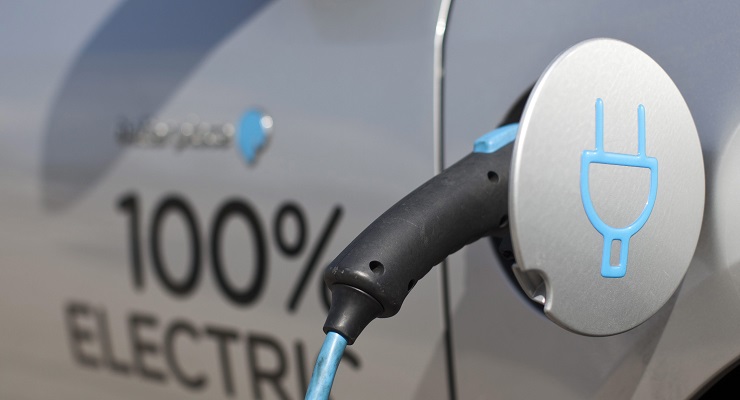

In 2020, Norway passed an amazing threshold: more than half of the cars sold in the country last year were pure electric vehicles (EV).
This is not due to the Norwegian consumer’s unique morality or profound green proclivities. It’s all due to policy.
A dizzying combination of tax incentives mean EV buyers in Norway can look at €10,000 in subsidies (A$15,700), which is enough to make EVs cheaper than petrol or diesel vehicles. Not to mention that EVs get cut price parking, access to bus lanes, a discount on road tolls, free ferries and other benefits.
Meanwhile in Australia, there are no national EV subsidies, and the effect is clear. EV market share remains vanishingly small (Tesla keeps all its data secret so its sales are excluded from these counts. But even with their inclusion, sales would not be over 1%.)
Hybrid sales are taking off, rising to 6.5% of all sales, suggesting Aussies are not actually afraid of new green tech — we’re just price conscious.
The optimistic spin is this: there’s plenty of room for Australia to see a big improvement in sales of zero-emission vehicles.








Roll on the day when sanity raises its beautiful head. Clean and quiet streets; near-free fuel; super-cheap car maintainance. But “Change, O my God, how could we!”
I well remember hordes of jobs in typing and filing, all gone now without a word of regret from anyone. Or even notice. Carbon paper was an industry on its own.
So roll on the day when engine oil recyclers also become strangely absent, along with all the rest. Fuel tanker drivers with their bulk HazChem.
Come on voters – get on with it!
Voters arise! It is only through our vote that common folk can command absolute action. Those who believe we each of us can only do our little bit would ensure that the entire nation only ever achieves a little bit. But if enough of us vote for immediate 100% decarbonisation, the entire economy could 100% decarbonise by 2050.
Climate change requires far more serious responses from our leaders than handing out more lollipops, in this case subsidies to the rich to swagger around in electric vehicles. It might make them feel more virtuous than the rest of us, but serious action requires addressing the cause. A hefty carbon tax would make running EVs look cheap as a mere side-effect. We should be demanding action to decarbonise cooking, heating, aviation, smelting and everything else. Above all we must confront and solve the problem of providing sufficient carbon-free electricity for the purpose.
It is not just the environment that benefits either. Australia imports much of its transport fuel already refined. It also has a low level of stocks in country. So a move to a laregly electric national fleet powered by our own renewable energy would remove a strategic weakness and increase national resilience.
Of course it would be better if we had a car industry and made batteries – but hey this is Australia – presided over by a government that seems to only be able to look backwards.
We won a new car before Christmas which was amazing.When I rang my son and grandson in England they both said “Is it a hybrid” and I had to reply “Of course not.This is Australia”.
I don’t see how Tesla can “keep its data secret” when vehicle manufacturer is compulsorily reported on registration, and the ABS publishes annual statistics including manufacturer. See:
https://www.abs.gov.au/statistics/industry/tourism-and-transport/motor-vehicle-census-australia/31-jan-2020/93090do001_2020.xls
In that table, Tesla is in “other” but the data would be available. The ABS also reports on the exact number of electric vehicles registered; viz, 14,253 out of 19.8 million total for 2020. See:
https://www.abs.gov.au/articles/electric-vehicle-registrations-almost-double